Taiwan in Time: Sept. 21 to Sept. 27
After nearly a year of preparations, more than 230 delegates from 64 countries and regions descended upon Taipei on Sept. 25, 1967 to take part in the World Anti-Communist League’s (WACL) inaugural conference. Also in attendance were 12 anti-communist organizations and observers.
As a founding member of the league’s predecessor, the Asian People’s Anti-Communist League (APACL), Taiwan was chosen to host the event during a meeting to discuss the APACL’s expansion in November 1966.
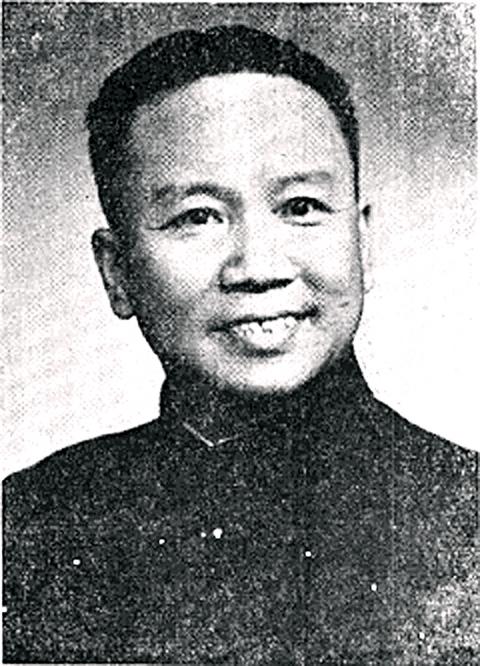
Photo courtesy of Wikimedia Commons
A recap of the conference published by WACL stated that the league decided to meet in Taiwan because it was the “most resolute in its anti-communist position” and “showed the most vigorous anti-communist spirit.”
The APACL was started in 1954 by Chinese Nationalist Party (KMT) leader Chiang Kai-shek (蔣介石), Philippine president Elpidio Quirino and South Korean president Syngman Rhee.
By November 1966, as the APACL had expanded to Australia and Africa with 27 members, it decided to go global during a meeting in Seoul.
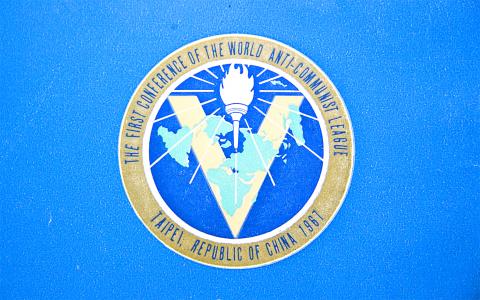
Photo: Han Cheung, Taipei Times
“To defeat the communist threat to the world, the anti-communist frontlines of the free people must be expanded to the entire world,” then-South Korean president Park Chung-hee announced during the opening ceremony.
Representatives from 11 countries and three anti-communist organizations met the following week and drafted the WACL charter, which took effect April 1967. The charter called for regional organizations in six regions: Asia, Middle East, Africa, Europe, North America and Latin America.
The charter clearly states that communists are “evil” beings who plan to “enslave the world” and anti-communists as “lovers of freedom,” with a mission to “push for true freedom based on justice and human dignity.”
Furthermore, it states that communist thought is “anti-humanity, anti-rationality, anti-society and anti-science” and can only bring disaster and pain to the world. To the league founders, co-existing with communists is no longer possible and they must be eradicated.
The first conference opened with Ku Cheng-kang (谷正綱) as both event and organization chairman. According to his biography, Ku, who was born in China, joined the KMT in 1924 and rose to the post of the Republic of China’s minister of social affairs. He followed Chiang to Taiwan after the KMT retreat in 1949, serving as minister of the interior and also becoming involved in Chinese refugee activities. Ku remained honorary chairman for the WACL until he died in 1993.
In a speech, Ku described Taiwan as “a lighthouse of freedom in the Pacific Ocean.”
“All anti-communists in the world now see Taiwan as an important stronghold, as a place to cultivate hope for the future,” he added. “A lot of attendees have never been to Taiwan before, but after seeing what we’re doing here, I’m sure they now have more courage and determination to continue the battle against the communists.”
The meeting officially began on the morning of Sept. 25 at the recently-completed Sun Yat-sen Hall (中山樓) in Yangmingshan (陽明山), with Chiang delivering the opening speech. Seven meetings were held over the next five days at the Ambassador Hotel (國賓飯店). Attendees worked on electing officials, approving new members, setting up committees, sharing reports on communist activities in various countries, devising anti-communist methods and denouncing communist ideals.
Taiwan representatives also screened a self-produced documentary and put together a photography exhibit, both depicting how terrible life in China was under communist rule.
During the closing ceremony on Sept. 29, Ku announced that the next meeting would be in Saigon — now Ho Chi Minh City.
“I want to invite everyone to the frontlines of the fight against communism,” he said. “I want everyone to witness or experience firsthand communist actions. We hope to, both spiritually and materially, help strike a fatal blow to communists worldwide.”
The league wasn’t without its controversies over the next decades, having been linked to neo-Nazis, anti-Semites and allegedly included people connected to war criminals and death squads.
In 1989, the end of the Cold War began as communist regimes in Europe started to collapse, highlighted by the fall of the Berlin Wall and the destabilization of the Soviet Union.
In response to the changing political scene, on Jan. 1, 1991, the league officially changed its name to the World League for Freedom and Democracy.
Taiwan in Time, a column about Taiwan’s history that is published every Sunday, spotlights important or interesting events around the nation that have anniversaries this week.
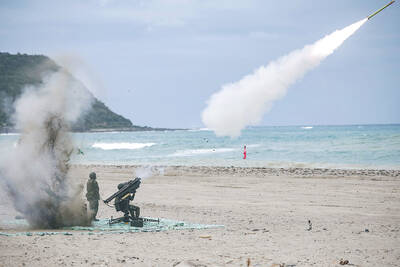
In late October of 1873 the government of Japan decided against sending a military expedition to Korea to force that nation to open trade relations. Across the government supporters of the expedition resigned immediately. The spectacle of revolt by disaffected samurai began to loom over Japanese politics. In January of 1874 disaffected samurai attacked a senior minister in Tokyo. A month later, a group of pro-Korea expedition and anti-foreign elements from Saga prefecture in Kyushu revolted, driven in part by high food prices stemming from poor harvests. Their leader, according to Edward Drea’s classic Japan’s Imperial Army, was a samurai
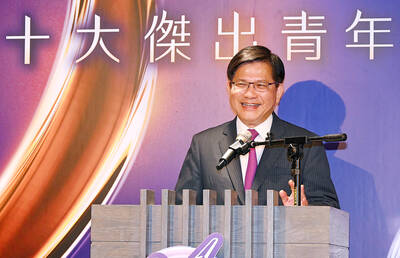
The following three paragraphs are just some of what the local Chinese-language press is reporting on breathlessly and following every twist and turn with the eagerness of a soap opera fan. For many English-language readers, it probably comes across as incomprehensibly opaque, so bear with me briefly dear reader: To the surprise of many, former pop singer and Democratic Progressive Party (DPP) ex-lawmaker Yu Tien (余天) of the Taiwan Normal Country Promotion Association (TNCPA) at the last minute dropped out of the running for committee chair of the DPP’s New Taipei City chapter, paving the way for DPP legislator Su
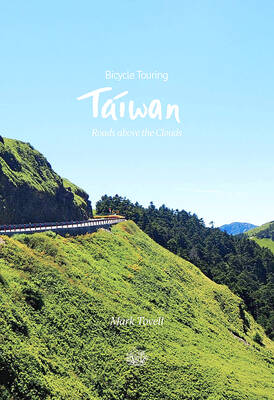
It’s hard to know where to begin with Mark Tovell’s Taiwan: Roads Above the Clouds. Having published a travelogue myself, as well as having contributed to several guidebooks, at first glance Tovell’s book appears to inhabit a middle ground — the kind of hard-to-sell nowheresville publishers detest. Leaf through the pages and you’ll find them suffuse with the purple prose best associated with travel literature: “When the sun is low on a warm, clear morning, and with the heat already rising, we stand at the riverside bike path leading south from Sanxia’s old cobble streets.” Hardly the stuff of your
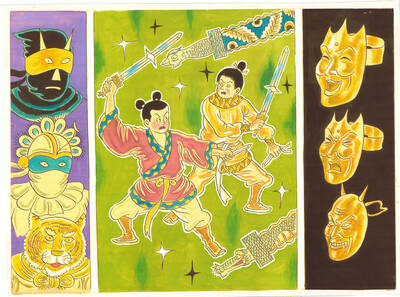
April 22 to April 28 The true identity of the mastermind behind the Demon Gang (魔鬼黨) was undoubtedly on the minds of countless schoolchildren in late 1958. In the days leading up to the big reveal, more than 10,000 guesses were sent to Ta Hwa Publishing Co (大華文化社) for a chance to win prizes. The smash success of the comic series Great Battle Against the Demon Gang (大戰魔鬼黨) came as a surprise to author Yeh Hung-chia (葉宏甲), who had long given up on his dream after being jailed for 10 months in 1947 over political cartoons. Protagonist